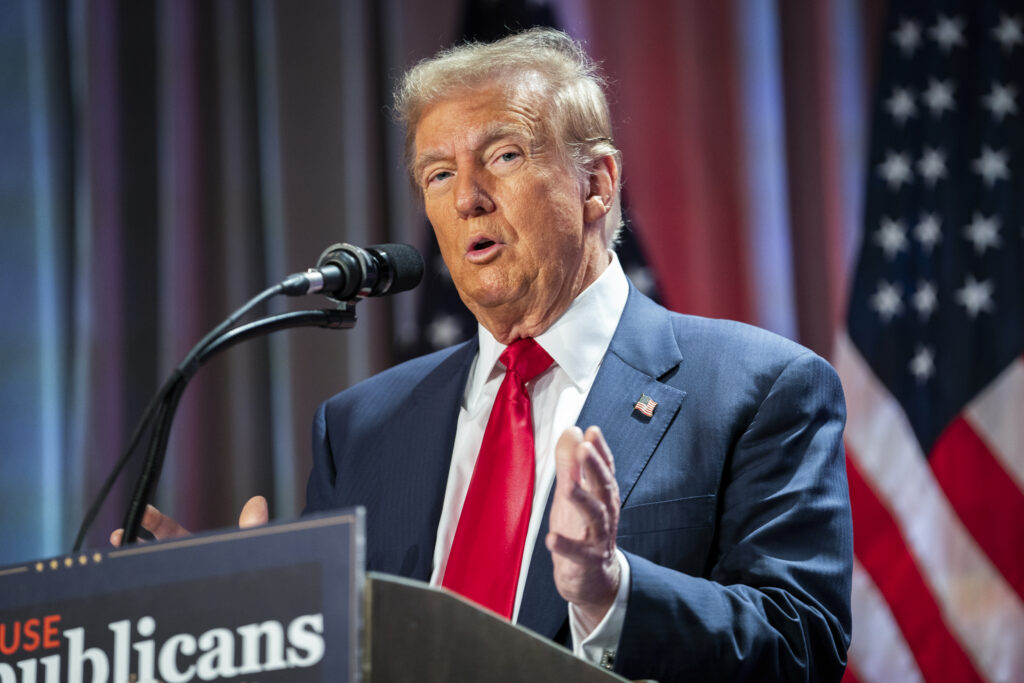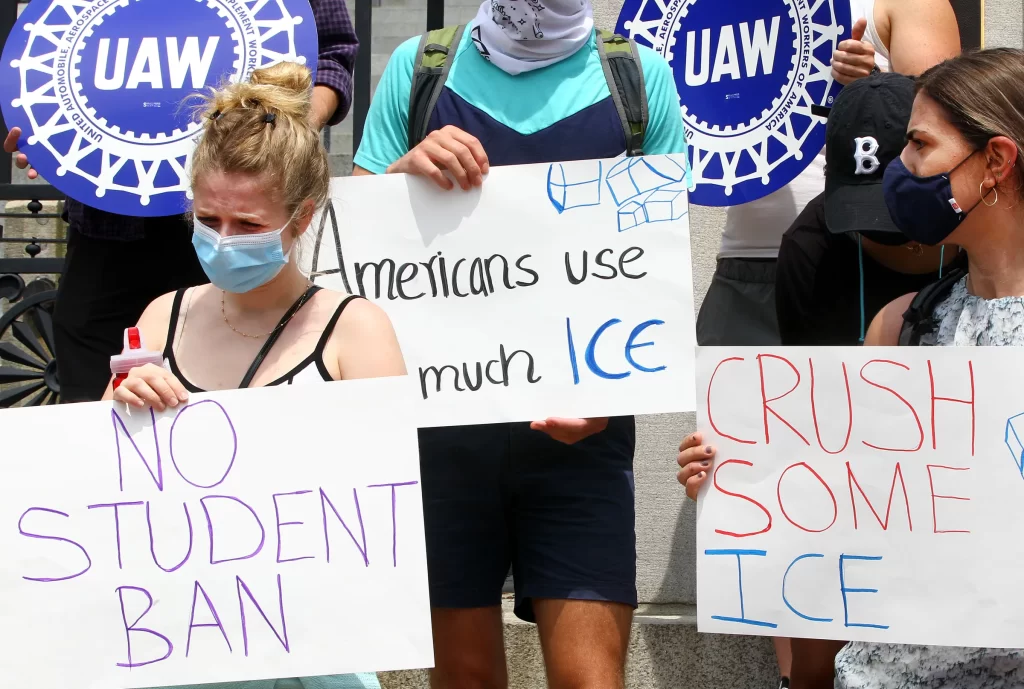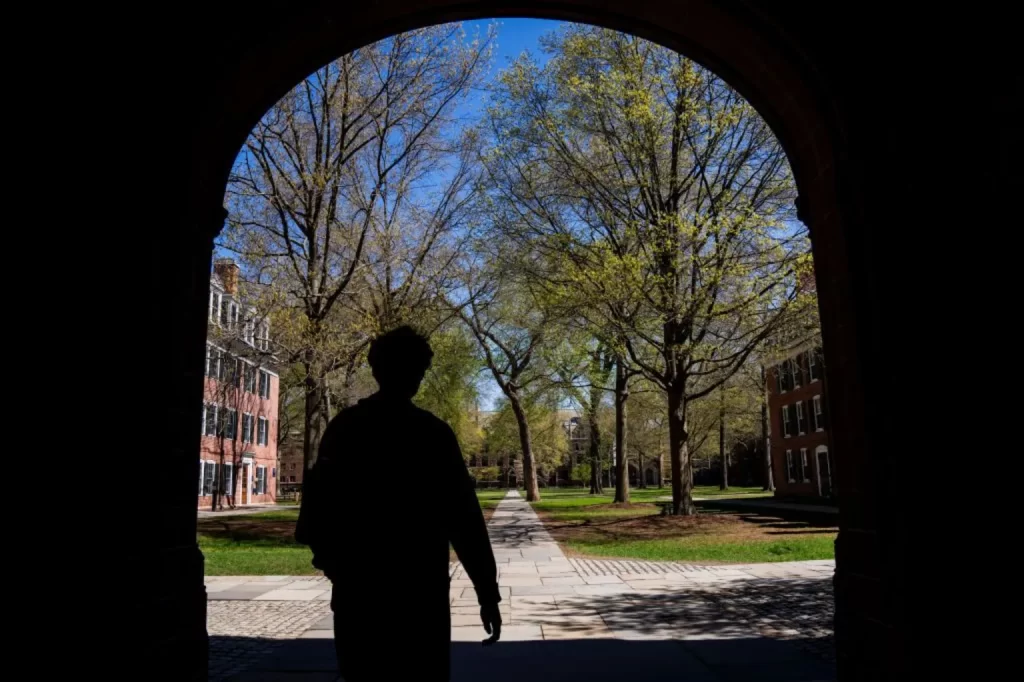Major American universities are warning international students to return to campus before President-elect Donald Trump’s January inauguration, reflecting growing anxiety over his promised immigration crackdown and potential revival of travel restrictions from his first term.

The University of Massachusetts led a wave of institutions issuing travel advisories, explicitly urging international students and faculty to “strongly consider” returning from winter break before Trump’s January 20 inauguration. The university cited “previous experience with travel bans that were enacted in the first Trump Administration in 2016” as the basis for its cautionary stance.
The warnings come as Trump’s incoming administration signals plans for what could be the largest deportation operation in U.S. history, potentially utilizing military assistance. Officials have discussed constructing extensive holding facilities for undocumented immigrants awaiting deportation, though incoming border chief Tom Homan emphasizes that violent criminals and national security threats will be prioritized.
“All international students are worried right now,” said University of Colorado Denver professor Chloe East. “Students are incredibly overwhelmed and stressed out right now as a result of the uncertainty around immigration. A lot of students have concerns about their visas and whether they’ll be allowed to continue their education.”
The situation particularly affects more than 400,000 undocumented students currently enrolled in U.S. higher education, according to the Higher Ed Immigration Portal. Many are protected under the Deferred Action for Childhood Arrivals (DACA) program, which Trump previously attempted to terminate during his first administration.

Prestigious institutions including the Massachusetts Institute of Technology and Wesleyan University have joined in issuing travel advisories, while Yale University’s Office of International Students and Scholars hosted special webinars addressing student concerns about potential policy shifts.
The warnings evoke memories of Trump’s 2017 executive order that banned nationals from several predominantly Muslim countries, along with North Korea and Venezuela, from entering the United States. During his first term, Trump also proposed restrictions on student visas, adding to current anxieties among international students.
“I am planning to graduate in May 2026, but now that the administration is going to be a little bit more dangerous, I’m less hopeful about things going well,” said Aoi Maeda, a Japanese student at Earlham College in Indiana. “I feel like us international students with a visa might get affected, and it’ll become easier to deport us.”
Universities report particular concern among Chinese students, who represent the largest group of international students in the United States. Professor East noted that these students express “uncertainty” about U.S.-China relations under a second Trump administration.

The advisories highlight the delicate position of American universities, which have become increasingly dependent on international student enrollment for both academic diversity and financial stability. Many institutions remember the chaos that ensued during Trump’s first-term travel ban, when some students and faculty were stranded abroad or unable to return to their studies.
Recent polls show many international students viewing the United States as a less attractive destination for higher education, citing concerns about immigration policies and personal safety. This perception threatens the $39 billion that international students contribute annually to the U.S. economy, according to the Department of Commerce.
The situation has created a complex challenge for university administrators trying to balance student support with institutional obligations. While some schools have taken strong public stances, others are quietly advising students through academic departments and international student offices.
Source: bbc.com


